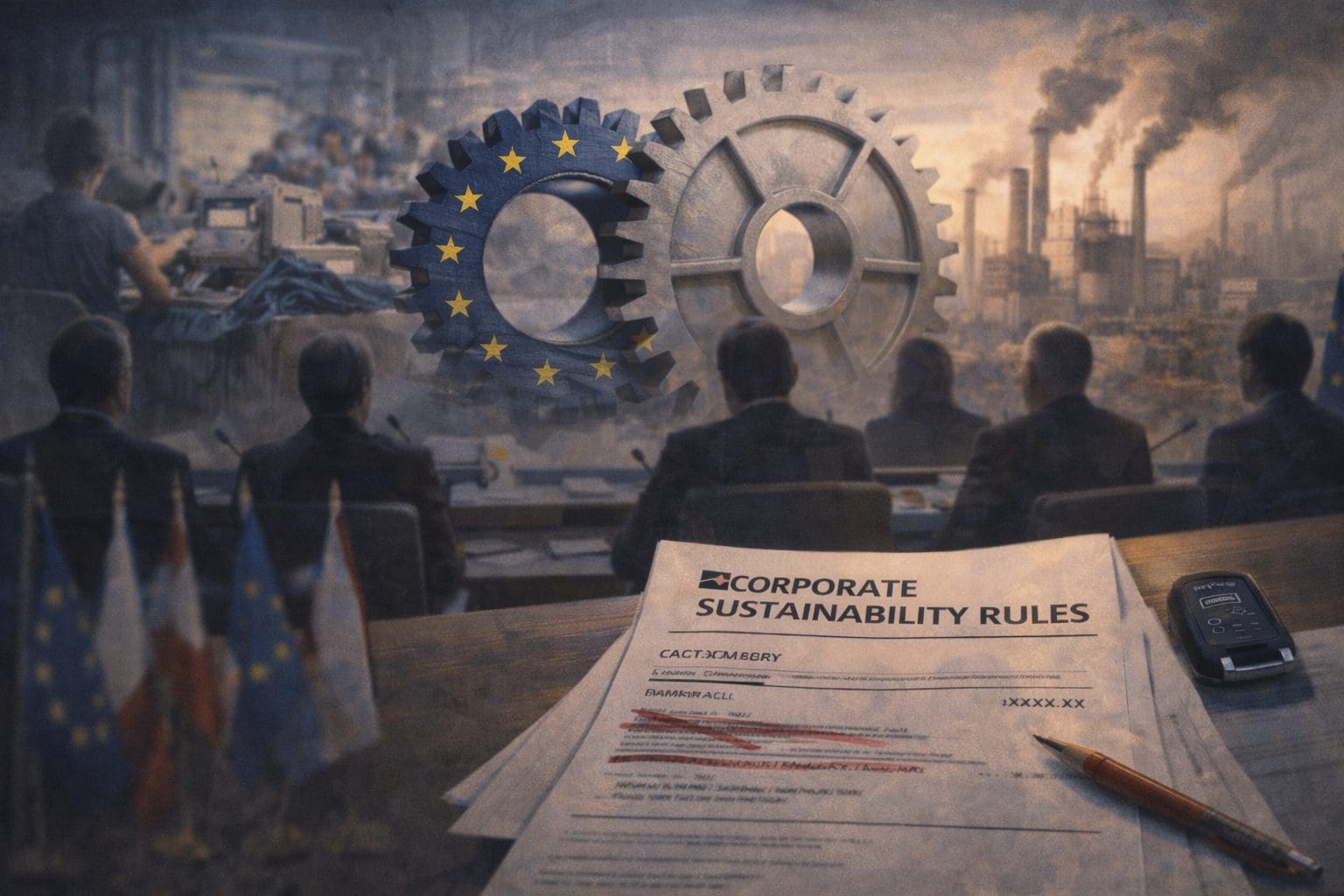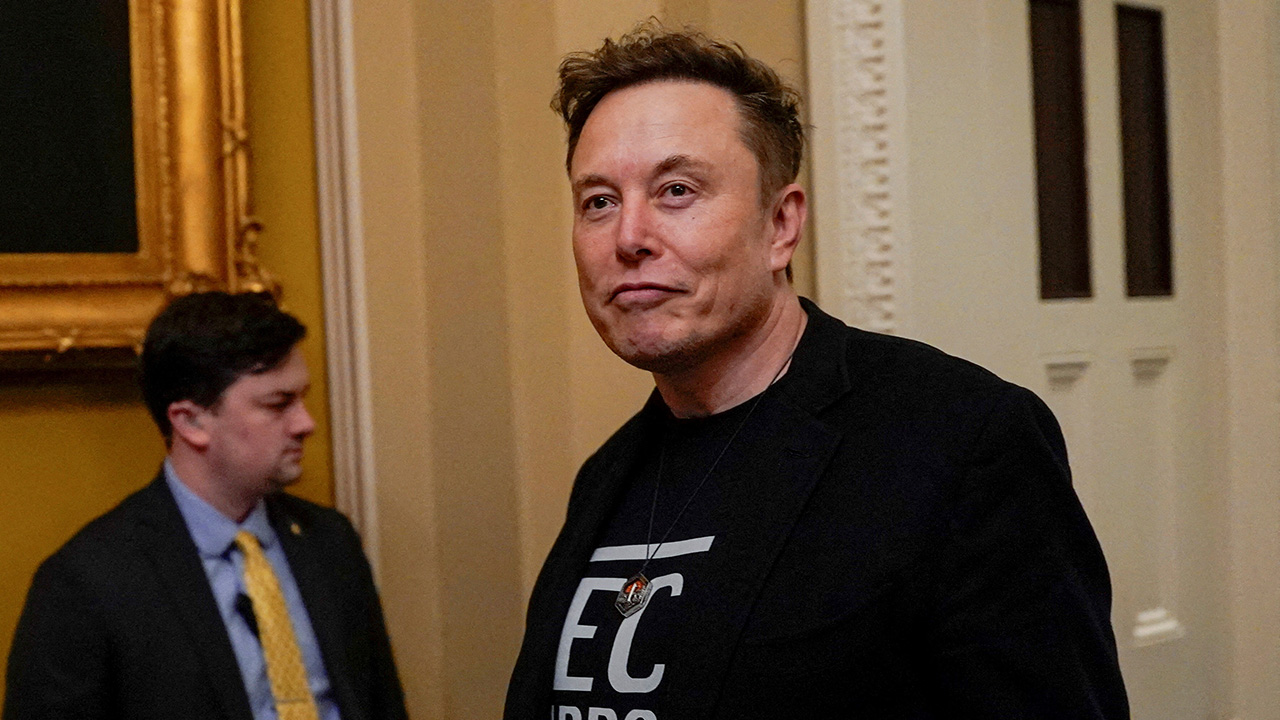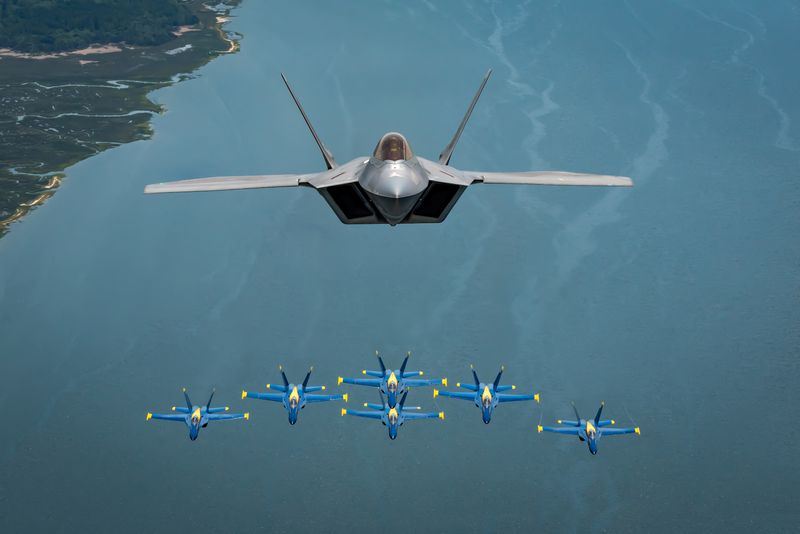What the rest of Europe can learn from France about defence startups

No country in Europe has done more to make itself the home for defence startups than France. Over the past two years, Paris has been rewriting the rules of the game, reforming everything from immigration legislation to venture capital funding, from procurement procedures to the way the military deals with companies. The result has been striking: France, in my view, now offers what is probably the most attractive ecosystem on the continent for founders who want to build in defence and dual-use technology.
It goes without saying that such a sweeping transformation does not happen by accident. It is the result of deliberate and sustained state intervention. France grasped that in an age of massive geopolitical upheaval, an age in which Russia is waging war on the continent and China is growing in military and economic power, Europe cannot afford to lag behind in innovation.
Small, agile firms are often the source of the most disruptive forms of technology. It follows, given the context, that creating the conditions that let them thrive is not just about growth but also national resilience.
A regulatory revolution
I am not the first person to notice the progress that France has made despite constant political problems, including the recent dissolution of the government. But what few outsiders fully appreciate is the extent of the government’s regulatory overhaul. Immigration rules have been streamlined, legal structures simplified, and financing channels widened. The flagship measure is the French Tech Visa, a fast-tracked, renewable four-year ‘Talent Passport’ that lets founders, employees and investors move freely. It is not a token gesture. For a startup founder trying to hire specialised engineers from outside the EU, months saved on visa processing can mean the difference between success and failure.
Summer reforms, effective since 16 June 2025, have gone even further. They have simplified immigration procedures, sped up EU Blue Card issuance, and set ‘reasonable deadlines’ for application processing. In short, the bureaucratic wall that once discouraged talent from settling in France is being dismantled piece by piece.
A single front door to the military
Equally important has been the creation of a clear avenue for startups to work with the defence establishment. Until recently, smaller, younger firms often found it next to impossible to navigate the opaque and labyrinthine procurement structures of national militaries. That has changed in France with the launch of the Agence Innovation Défense (AID) by the Ministry of the Armed Forces. AID acts as a ‘one-stop shop’: a clear entry point where startups can submit ideas, gain feedback, and, if successful, win funding. This is unprecedented in the EU and one step towards closing the gap in defence innovation between Europe and the US, where it is generous and entrenched.
The numbers speak for themselves. In the first quarter of 2025 alone, AID accepted around 75 project proposals and allocated about €20 million in grants. Companies such as Unseenlabs, a pioneer in maritime surveillance, and Exotrail, a leader in in-orbit propulsion, have benefited directly. The message to entrepreneurs is simple: if you want to build for defence, France will give you a fair hearing. And if you impress, you will get funding.
Follow the money
Capital markets have responded. Between 2022 and 2023, French startups raised around €13.5 billion. Between 2023 and 2025, that figure rose to more than €15 billion. That growth makes France the second-largest venture capital market in Europe, behind only the UK. Unlike some of its neighbours, France has recognised that venture funding must flow to dual-use and defence-related technology companies if Europe is to keep pace with global competitors.
Germany in particular might be watching with interest. For years, Berlin, like others, treated defence technology as a taboo for venture investment. But the war in Ukraine shattered illusions. Europe needs drones, satellites, cybersecurity tools, resilient materials, and more besides. Germany has responded: in 2024, it was the fourth-highest military spender globally, with approximately $88.5 billion in expenditure – a major increase from previous years due to the €100 billion special fund established after the Russia-Ukraine war. Studying the French model could help the German Defence Ministry ensure the money reaches the right companies without delay.
Indeed, I would go much further. Germany allocates almost all of its money to established players and bigger startups. The vast majority of small companies struggle to get any funding at all. Yes, France has big companies, and they benefit from the defence boost too. The difference is that France understands that only by taking a broad defence funding approach can it succeed. Germany must see this.
Collaboration, not isolation
One of the most striking features of France’s approach has been its willingness to work with external partners. Some European governments have fallen into the trap of seeing sovereignty as a synonym for autarky. France has avoided that trap: it sees that while sovereign capabilities are vital, collaboration with trusted allies is equally essential and unavoidable.
Joint procurement and manufacturing are not signs of weakness but of strength. By pooling resources with NATO allies and European partners, France has ensured that its startups can scale faster, reach wider markets, and contribute more effectively to collective security. This is the path Europe must follow if it is to field the fastest, most effective force possible.
The alternative is unappealing. If the largest countries, such as France and Germany, succumb to nationalism and refuse to work in good faith with their partners, the result will be fragmentation. Contracts and EU-level agreements that bind us together internationally are far safer than isolated national projects that can be undone at the ballot box.
But there is another element. Big issues can arise when national interests collide – take, for example, the Future Combat Air System, the next-generation ‘system of systems’ under development by Dassault Aviation, Airbus and Indra Sistemas. Progress has stalled because big corporate interests are colliding. Power struggles and workshare disputes are hindering progress. Startups cannot afford that. They must cooperate or they die, and so supporting them will enable rapid innovation across Europe.
A lesson for Europe
France’s ascent as a defence-startup hub carries lessons for the whole continent. It shows that regulatory reform, clear military engagement, and openness to capital and talent, all shaped by a prevailing attitude of realism and pragmatism, can transform a country’s prospects in just a few years. This is good news. It shows that with political will, Europe can create ecosystems to rival those of the United States and Asia.
What France has built is not perfect, but it is a strong model for rearmament and innovation at this point in history. It is a reminder that with the right blend of reform, investment, and collaboration, Europe can turn ambition into reality. Will others follow?
They should. The solution is not for startups to move to France, but for all of Europe to learn from the French example and adopt similar policies to secure peace on the continent. If France’s friends and neighbours rise to the challenge, the region will consolidate its technological advantages, strengthen its resilience, and safeguard the freedom of its people. If it does not, it risks falling behind those powers more willing to mobilise the state to supercharge entrepreneurial energy.
The post What the rest of Europe can learn from France about defence startups appeared first on EU-Startups.
















































